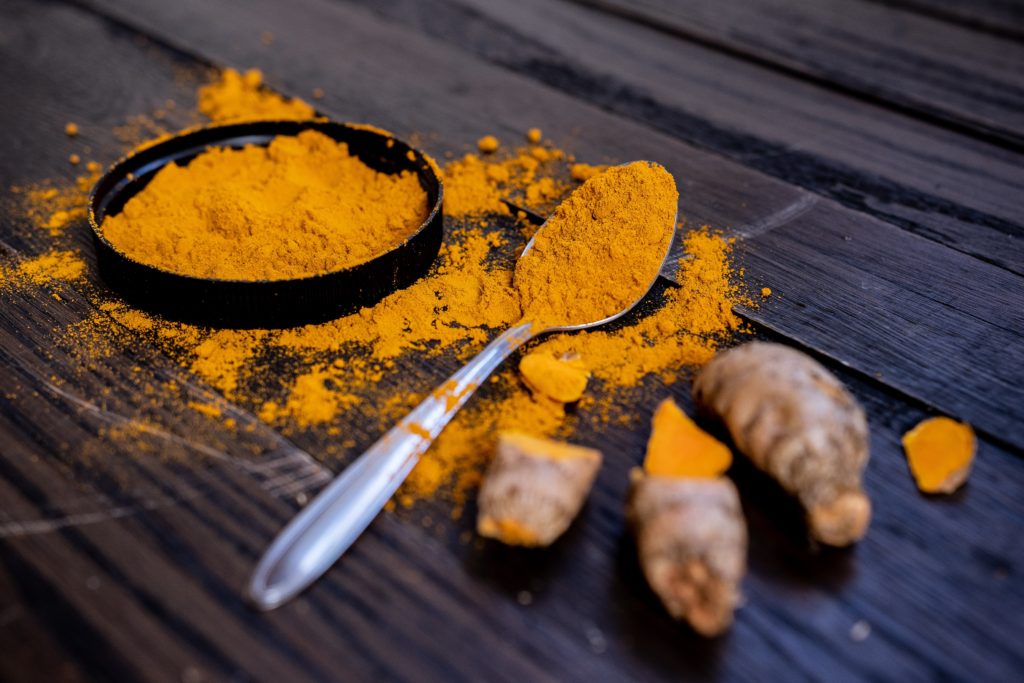The Top 11 Ingredients to look for in joint pills for dogs
My dog Tucker is an 8 year old golden retriever who has had leg problems since he was a puppy. He has had surgery on all four of his legs so joint supplements have played a very important role in helping with all of his joint issues. I have tried a whole list of joint supplements but rather than tell you a list of products, it is important to individually highlight the key most important ingredients to look for when shopping for a joint supplement.
tucker's background
When Tucker was a puppy, I would try to take him out for walks but he would go as far as the end of the driveway and then sit down and refuse to go any further. So off to the vet we went. Our vet referred us to a specialist. After sitting down with the specialist and reviewing x-rays I was told my baby puppy would need surgery as soon as possible because he had elbow dysplasia in both elbows.
He had developmental bone abnormalities in his elbow joints which caused him a lot of pain. The three bones that made up his elbow joint weren’t growing correctly so they weren’t fitting together perfectly like they should. The doctor also told me he had loose fragments of bone floating around in his elbow that was causing him pain.
After that the vet told me he would more than likely have arthritis when he got older and recommended to put him on a good joint pill. Flash forward 6 years, and he was back in surgery for a ruptured CCL, which is similar to a person tearing their ACL. He had TPLO surgery for that and was put on another pill for his joints. A year after that, he tore his CCL on his other leg. It is very common for dogs to tear their second CCL if they have torn one already.

the importance of hip and joint supplements for your dog
After all his surgeries (one on every leg), it was extremely important for him to be on pills for his hips and joints to help minimize his pain as he got older. It is easy to recommend supplements for dogs, but I think it is more important for you to first learn what ingredients are key to look for and what those ingredients are good for. It is also important to realize that all supplements will take some time to build up in your dog’s system. Most of the time, it will tell you to give a higher number of pills in the beginning before the dose decreases for maintenance. Now let’s dive in!

Glucosamine helps dogs grow cartilage as well as protecting the cartilage in the joint. Healthy cartilage is important for joints to move fluidly and pain free.
“Once it reaches therapeutic levels in the body tissues, glucosamine has been shown to improve pain scores and weight-bearing in arthritic dogs.” – Sarah Wooten, DVM https://www.petmd.com/dog/wellness/vet-talks-about-best-ingredients-joint-supplements-dogs
Glucosamine is a good supplement to give if your dog has arthritis, is predisposed to joint problems (such as large breeds), or has had any kind of leg or hip surgery, or broken bones. You can start giving your dog glucosamine as early as 8 weeks old.
Glucosamine and chondroitin are the two oldest joint supplements on the market. Although they can be beneficial to some, some studies have shown that they do not make much of a difference in long term arthritis. However, make sure you are giving your dog glucosamine hydrochloride and not glucosamine sulfate because glucosamine sulfate hasn’t been proven to get into the actual cartilage which is where it is needed.
2. Chondroitin Sulfate
Chondroitin sulfate works to protect cartilage by stopping cartilage-destroying enzymes that break down cartilage and joint fluid.
Similarly to the ASUs, chondroitin is not recommended for dogs with end-stage arthritis; but it is recommended for all other dogs over the age of 8 weeks.
Chondroitin is hard for a dog to absorb, so choosing a product with a low molecular weight can be helpful with the absorption. Dasuquin is one such product and is also beneficial because it contains glucosamine hydrochloride and ASUs as well.
Your dog needs as much chondroitin sulfate as glucosamine, unless you give them together, in which case both doses are lowered.


3. Methylsulfonylmethane (MSM)
MSM is a sulfur that is an important building block for all cell membranes. It can heal joints, rejuvenate cells, and act as an antioxidant. MSM occurs naturally and is easily absorbed. It is also very effective at helping with pain and inflammation.
4. Omega-3 Fatty Acids
Omega-3 fatty acids have several benefits to dogs of all ages. It helps to promote healthy joint lubrication and can reduce inflammation and pain. Besides being great for joints, Omega-3’s are beneficial for your dog’s heart, skin, and kidneys.
You might have noticed that a lot of dog food and dog treats have omega-3 fatty acids already in it, however it is not enough to help a dog with joint problems. This is where supplements can help. Fish oil and krill oil are the best sources of omega-3’s. They have EPA and DHA, which are fish derived and very important for a dog’s diet.
Flaxseed oil is not advised because it only provides ALA.
Omega-3 fatty acids need to be stored in the freezer in a dark container due it’s sensitivity to heat, light, and oxygen.
5. Hyaluronic Acid
Hyaluronic Acid is a gel-like substance that is the main component of the synovial fluid that cushions a dog’s joint. It is the breakdown of this substance that causes arthritis. It is best to give your dog hyaluronic acid in its liquid form and with a high-molecular weight, which is the opposite as the chondroitin.
6. Eicosapentaenoic Acid (EPA) and Docosahexaenoic Acid (DHA)
EPA and DHA are omega-3 fatty acids that work together to block the enzymes that can lead to inflammation.

7. green lipped muscle
Green-lipped muscles originate from New Zealand and contain glucosamine and chondroitin, vitamins C and E, and antioxidants. They also contain minerals like copper, zinc, and selenium, all of which are great for you dog’s joints. Green-lipped muscles are a natural inflammatory that help with joint pain and also helps protect the cartilage. It is also good for your dog’s immune system and helps strengthen their bones!

8. turmeric
Turmeric is mostly well known for being a spice in cooking, but it also has amazing health benefits for people and dogs! There are thousands of studies done to back up all the beneficial findings. Curcumin is turmeric’s active ingredient and has antioxidant, anti-inflammatory, antiviral, antibacterial, antifungal, wound healing, and anticancer activities. Arthritis, diabetes, cancer, liver disease, gastrointestinal issues are all diseases curcumin can help fight against.
LTurmeric’s anti-inflammatory properties have proven very beneficial with osteoarthritis and other mobility issues. Just adding some form of tumeric to your dog’s diet can help improve their quality of life by increasing energy, decreasing inflammation, and help managing pain.
9. eggshell membrane
Eggshell membrane contains about 70% of the protein collagen. Collagen is key in helping to maintain or rebuild joints. Collagen is also important in helping joints maintain their elasticity. You can peel the eggshell membrane fresh from the egg, give your dog the egg whole, or give it in supplement version.
10. Avocado Soybean Unsaponifiables (ASUs)
ASUs work with glucosamine and chondroitin, so try looking for products with all 3 ingredients. ASUs are known to help protect cartilage by reducing inflammation and helping to stimulate healing after damage.
Unfortunately, ASUs will not benefit dogs that have a late stage of arthritis because there is no cartilage left to protect.

11. Cetyl Myristoleate
Cetyl Myristoleate is an anti-inflammatory , pain reliever, and is also beneficial for the immune system. It can improve mobility and increase range of motion. It has been very successful in treating osteoarthritis in dogs.
conclusion
So there you go! The top 11 ingredients to look for in joint pills for dogs. Most joint pills you find will probably not have all 11 ingredients, but at least now you know what each ingredient does and why you might want certain ingredients in your hip and joint supplement for your dog.
What has been your experience with hip and joint pills? Let me know in the comments below.

